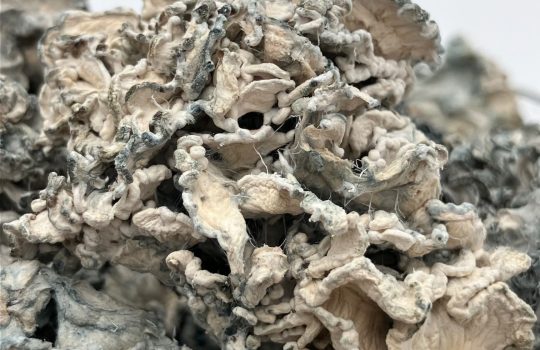Marijuana is a widely used mind-altering substance in the United States, available for purchase at licensed dispensaries and drugstores in states where it’s legal. Despite this, cannabis is classified as a Schedule 1 drug under federal law, indicating it’s prohibited with no recognized medical use.
As legalization at the state level continues, interest in the effects of marijuana use is growing. Below, we explore how cannabis affects the mind and body.
Pain Relief: Marijuana contains hundreds of active compounds called cannabinoids, with two key ones being Cannabidiol (CBD) and Tetrahydrocannabinol (THC). THC activates specific cannabinoid receptors in nerve and immune cells, reducing the sensation of pain. It also produces psychoactive effects, contributing to pain perception.
On the other hand, CBD, which doesn’t cause a high, reduces pain by reducing inflammation and irritation in the affected area. Combining CBD and THC in a cannabis product can provide effective pain relief.
Feel-Good Sensation: THC activates the brain’s reward system by stimulating cannabinoid receptors. This system includes regions responsible for pleasurable feelings associated with activities like eating or sex. While it was initially thought that THC increased dopamine levels (a neurotransmitter associated with pleasure), research shows it primarily affects the neurotransmitter anandamide, also known as the “bliss molecule,” which induces feelings of happiness and joy.
Euphoric High: THC interacts with the brain’s endocannabinoid system, which regulates the release of neurotransmitters. When THC binds to brain cells, it sends feedback messages to stop transmitting neurotransmitters, resulting in a euphoric high.
Increased Heart Rate: THC activates CB1 receptors in the cardiovascular system, including the heart muscle and blood vessels, leading to a dramatic increase in heart rate. This is a response to THC-induced low blood pressure, which makes the heart work harder to pump blood.
Time Perception: THC can distort the perception of time, making minutes feel like hours. This is due to its effects on the thalamo-corticostriatal circuit, a brain network crucial for time perception, which contains cannabinoid receptors.
Increased Appetite: THC triggers hunger cravings by boosting the hormone ghrelin, which induces hunger, and by binding to brain regions associated with appetite control. It also increases dopamine release, enhancing the pleasure of eating. CBD, on the other hand, may increase appetite by easing nausea and calming the digestive tract.
Better Sex Life: Cannabis users report having more sex, lasting longer in bed, and experiencing more pleasurable orgasms. Cannabis can reduce sexual inhibitions, ease sexual anxiety, and increase openness to try new sexual activities. However, it may also lead to unsafe sex practices due to altered perception of consent.
Increases Sedation Requirements During Surgery: Regular cannabis users may require higher doses of sedation medication before surgical procedures due to desensitization of receptor cells responsible for processing sedatives.
Causes Relaxation or Anxiety: Cannabis can either ease anxiety and induce relaxation or trigger paranoia and panic, depending on the individual and the type of anxiety. CBD is recommended for reducing anxiety, as it’s non-psychoactive and influences the serotonin system, which helps ease certain types of anxiety.
In conclusion, while cannabis has various effects on the mind and body, individual responses can vary. It’s essential to use cannabis responsibly, starting with low doses and consulting with a healthcare provider, especially when using it for medicinal purposes.


